8 Reasons to Add Mustard Seeds to Your Meals Today
Little seeds. Mighty benefits. You find them in your sabzis, dals, curries, and even traditional Indian snacks. A tadka or tempering is incomplete without these. From desi kitchens to the Mediterranean and other international cuisines, these magical seeds find their unique place not just for their culinary taste but the numerous health benefits. Elite scientific journals across the globe are now studying the power in these seeds.
Mustard seeds are rich in
- Antioxidants
- Glucosinolates
- Selenium
- Magnesium
- Calcium
- Omega-3
- Iron
- Zinc
- Vitamins A, C, and K
- Fiber
- Calcium
- Copper
- Phosphorus
- Sodium
- Manganese
- B vitamins like thiamin, riboflavin, vitamin B6, and folic acid
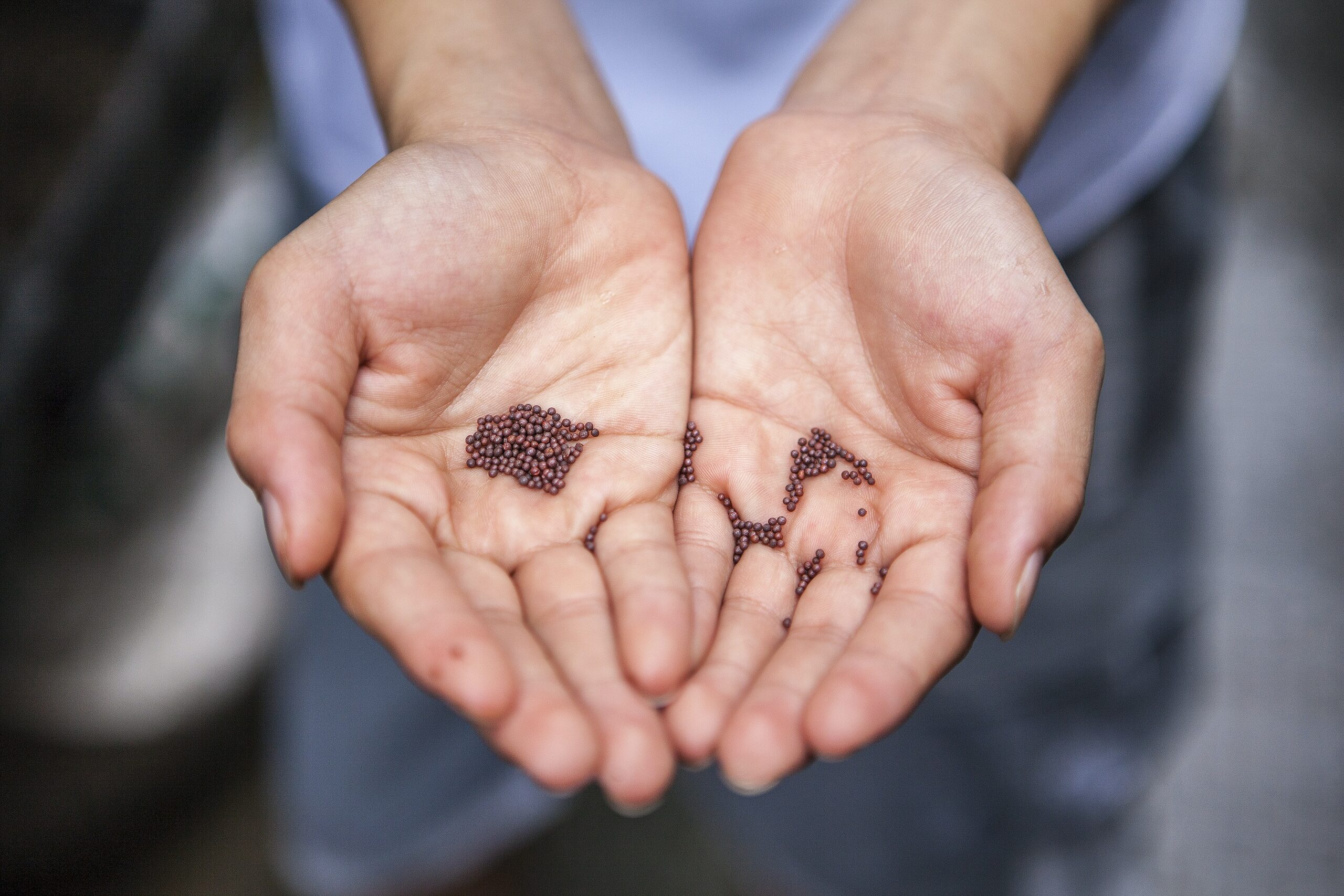
Here are 8 reasons to add mustard seeds to your meals
Anti-cancer
You have heard me speak about the importance of eating sulfur-rich cruciferous vegetables for years, especially for those with cancer and undergoing chemotherapy. Sulfur-rich foods play an assistive role in the management of every cancer from breast cancer to lung, prostate, brain to liver carcinomas. Did you know mustard also belongs to the same family?
One of the leading benefits linked with mustard seeds is their anti-cancer and chemo-protective effects. Are we saying that mustard seeds will reverse your cancer or prevent you from getting it? No. But can it make a difference positively? Yes.
These contain glucosinolates (sulfur-rich compounds) which aid DNA damage repair after conventional treatments like chemotherapy and radiation. Its compound isothiocyanates are linked with reducing the spread by inhibiting the growth of cancer cells and inducing cell apoptosis (cell death). So, add mustard seeds to your diet for their protective properties.

Selenium
Mustard seeds are rich in the trace mineral selenium required for the efficient functioning of your thyroid gland. Millions of people suffer from thyroid-related conditions today. Your thyroid gland needs selenium to repair itself. Mustard seeds are naturally rich in them.
Highly anti-inflammatory
It is highly anti-inflammatory. Most health and lifestyle diseases are inflammatory right from diabetes to cancer, Alzheimer’s, thyroid-related disorders, gut issues, and autoimmune conditions. When we eat anti-inflammatory foods, we naturally bring excessive inflammation down.
Studies suggest that mustard seeds have phenolic compounds that fight free radical damage. Sinigrin derived from glucosinolate gives the mustard seeds their pungent flavor. It is not only anti-inflammatory but also fights bacterial and fungal infections and aids wound healing.
Magnesium
It is a rich source of magnesium, which is why in rural India, people boil mustard seeds in milk for people struggling with insomnia and sleep difficulties. Magnesium helps us improve the quality of our sleep by allowing our blood vessels to expand and improving the blood flow to our brain.
Asthma
It is great for asthma. So, if you or your child has asthma, add mustard seeds to your food preparations. Its minerals like selenium, iron, copper, and magnesium are considered to prevent asthma attacks. If you suffer from recurrent migraines or have arthritis, add these to your meals.
Blood pressure
It needs more scientific evidence, but a few studies have shown that mustard seeds may help lower blood pressure. You have nothing to lose, so you could give it a try unless you are allergic to mustard seeds. In that case, avoid them.
Psoriasis
It plays a massive role in people who have psoriasis. Crush mustard seeds and add them to mustard or coconut oil. Do a patch test first to rule out any allergies. If it suits you, use this topical application externally where you have psoriasis or a break in your skin. See how it works for you and provides relief. Remember, psoriasis is an inside-out job. You need to fix the gut and look at a possible autoimmune condition if you want to make it work.
Wound healing
Mustard seeds are highly antibacterial and antimicrobial. It is why to date, villages across India (especially in the north) crush mustard seeds and mix them into a carrier oil to make a paste and apply it to the wound to aid healing.
How can we use mustard seeds?
Apart from using them in temperings, a creative way of adding mustard seeds to your plate is to make a homemade mustard sauce. This simple recipe will teach you how to do that.
Homemade Mustard Sauce
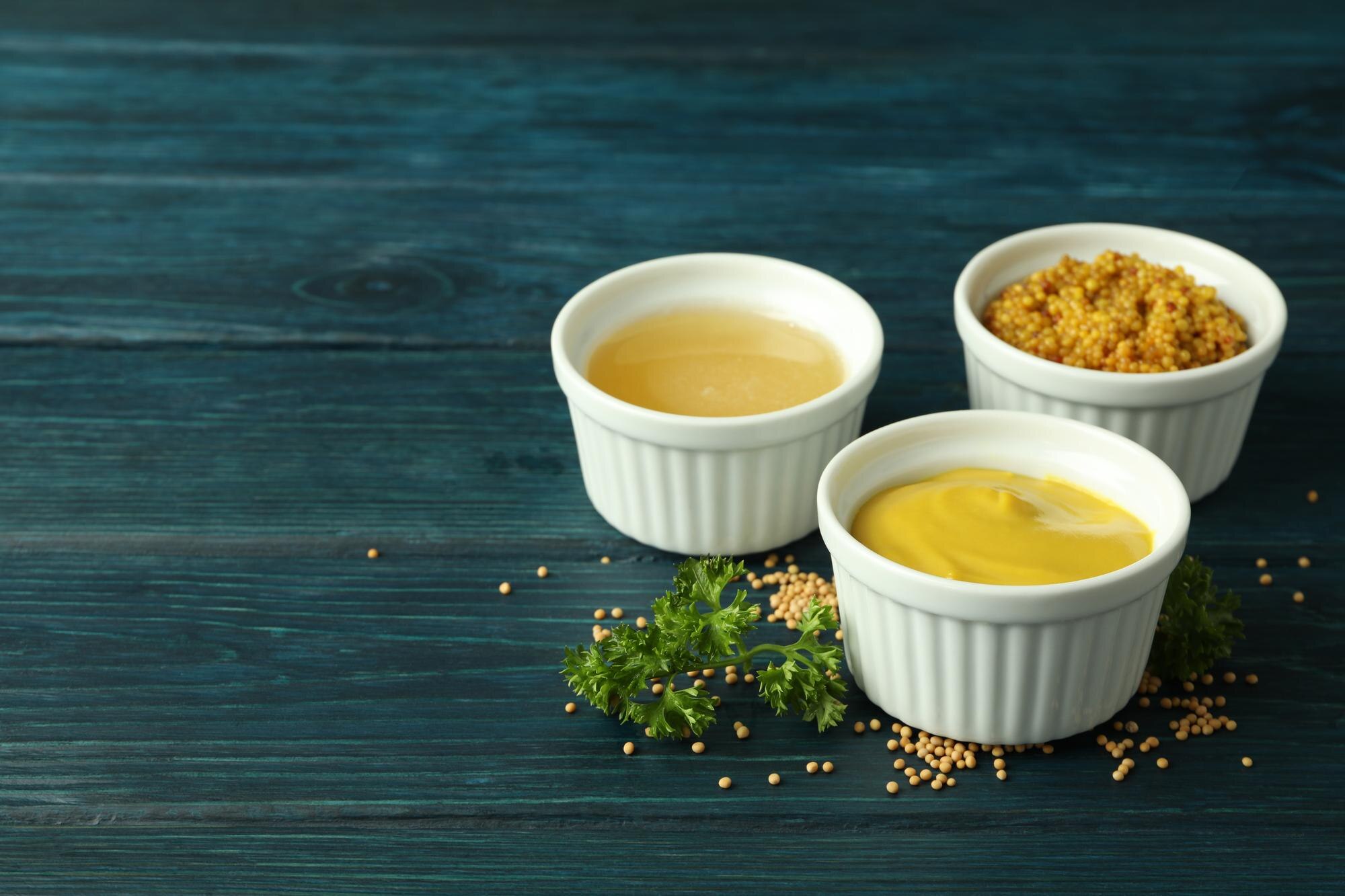
Preparation time: 10 minutes + (2 days of soaking)
Cooking time: 5 minutes
Total time: 15 minutes
Serving: 1 cup
Calories: 36.5 kcal
Equipment
- High-speed blender
- A wooden spoon
Ingredients
- 1/4 cup black mustard seeds
- 1/4 cup yellow mustard seeds
- 1/4 tsp ground Sri Lankan rolled cinnamon powder
- 1/4 tsp turmeric powder
- 1/2 tbsp raw honey
- Salt as per taste
- 1/4 cup apple cider vinegar (as required to cover and soak the mustard seeds)
- Water, for required consistency, while grinding
Method
- Place the yellow and black mustard seeds in a bowl.
- Add the apple cider vinegar to reach half an inch above the mustard seed mixture.
- Cover it well and set it aside for 48 hours.
- Once done, grind it into a fine paste.
- Add the cinnamon powder, turmeric powder, and honey next. Mix well.
- Add water as per the required consistency (~1/4 cup).
- Cover and store at room temperature for two days before using.
- This wait time is crucial because it allows the mustard to thicken.
- The freshly made mustard sauce may have a harsh and bitter taste. But this bitterness mellows as the mustard ages.
- Transfer this now to an airtight jar and store it in the refrigerator.
- This mustard sauce stays fresh for 1 to 2 months.
Variations
- Add herbs and seasonings as per choice.
- Adding apple cider vinegar preserves the spiciness. Without it, the mustard sauce will become bland with time.
- If you want to make your mustard sauce even spicier, add chilies or freshly grated horseradish or ginger.
A word of caution
Don’t overdo mustard seeds. Even if you add them to your salad, sauces, dals, khichdi, and other preparations, it’s enough for you. More doesn’t mean better. We have to use these seeds in small proportions whether it’s half a teaspoon a day or 1/4 teaspoon a day or 1 teaspoon a day (if you have been advised to do so). Overdoing it can lead to abdominal pain, diarrhea, and inflammation in the gut. If you have a hypothyroid condition, be careful. Do not consume uncooked mustard seeds and leaves because these are crucifers that are goitrogenic. Soak, boil, or cook mustard seeds before eating them or control their intake.
Always make an informed decision. Avoid any ingredient if you are allergic to it. If you have a medical condition, always keep your healthcare practitioner in the loop before adding anything new to your lifestyle.
Source quality mustard seeds from our sustainable platform here.
ALSO WATCH: The Mighty Power in Mustard Seeds
RELATED READINGS
4 Reasons Why You Should Soak Nuts, Seeds, and Grains
9 Benefits of Fenugreek Seeds: Diabetes, Cancer, Indigestion, Constipation, Sex Drive, and More
10 Health Benefits of Pumpkin Seeds: From Hair to Skin, Fertility, Sleep, and More
|
From a pimple to cancer, our You Care Wellness Program helps you find a way Talk to our integrative team of experts today 18001020253 |

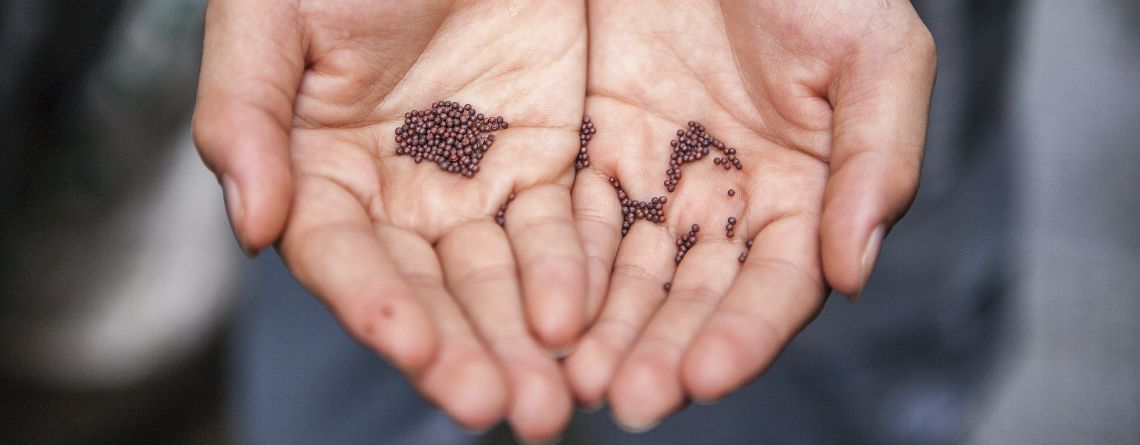
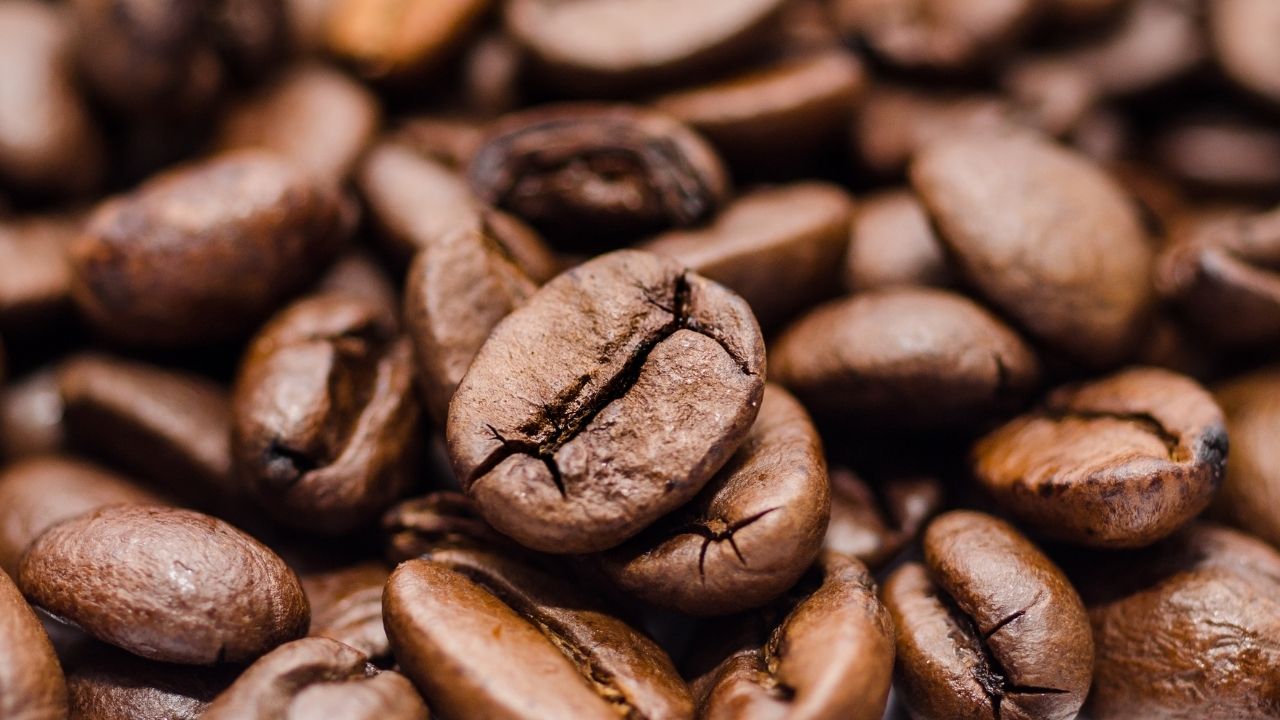

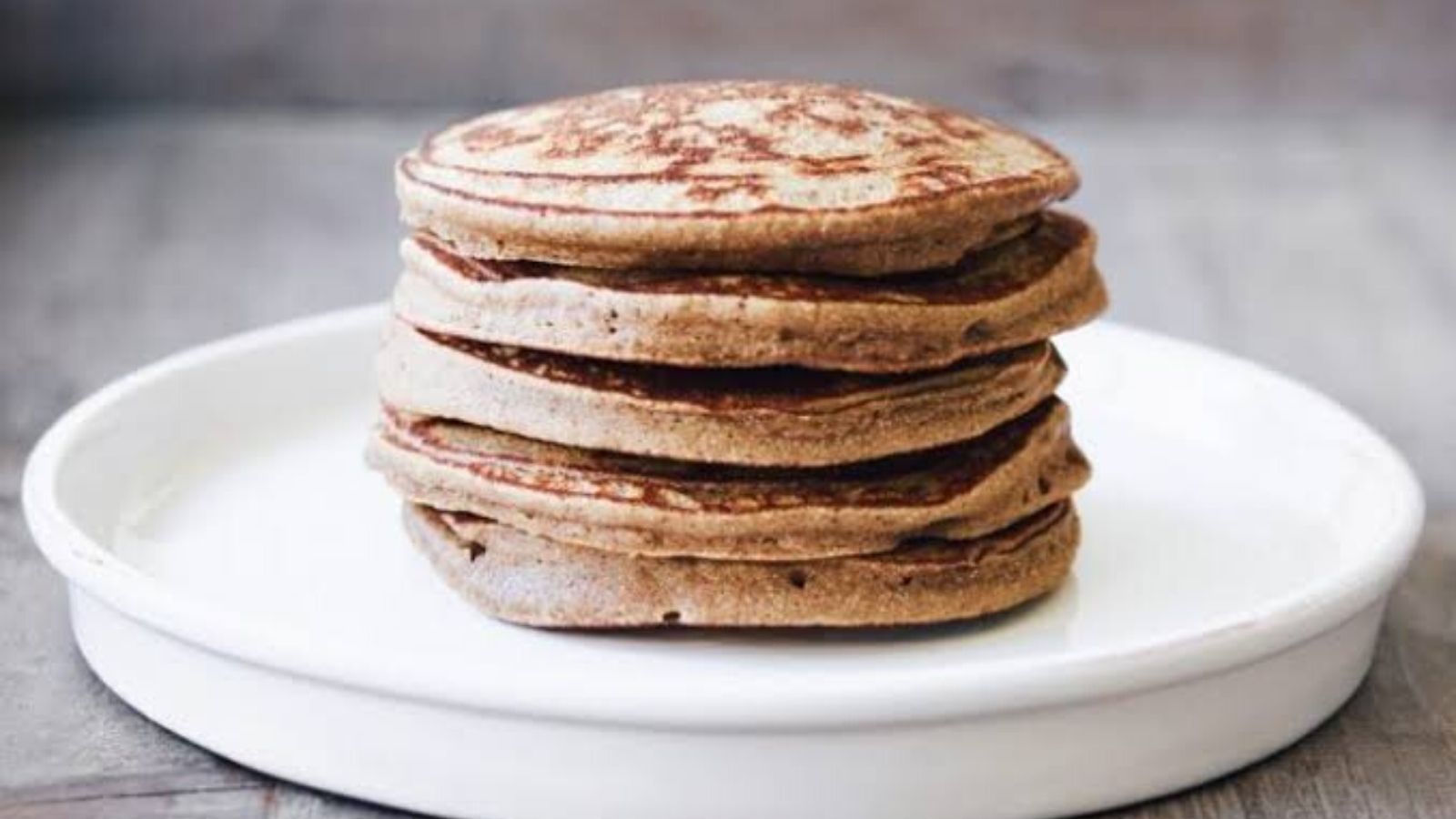
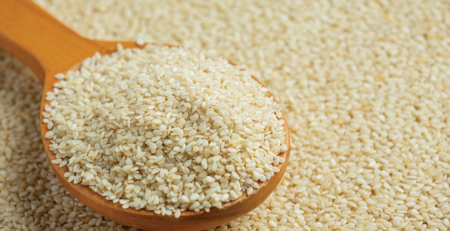
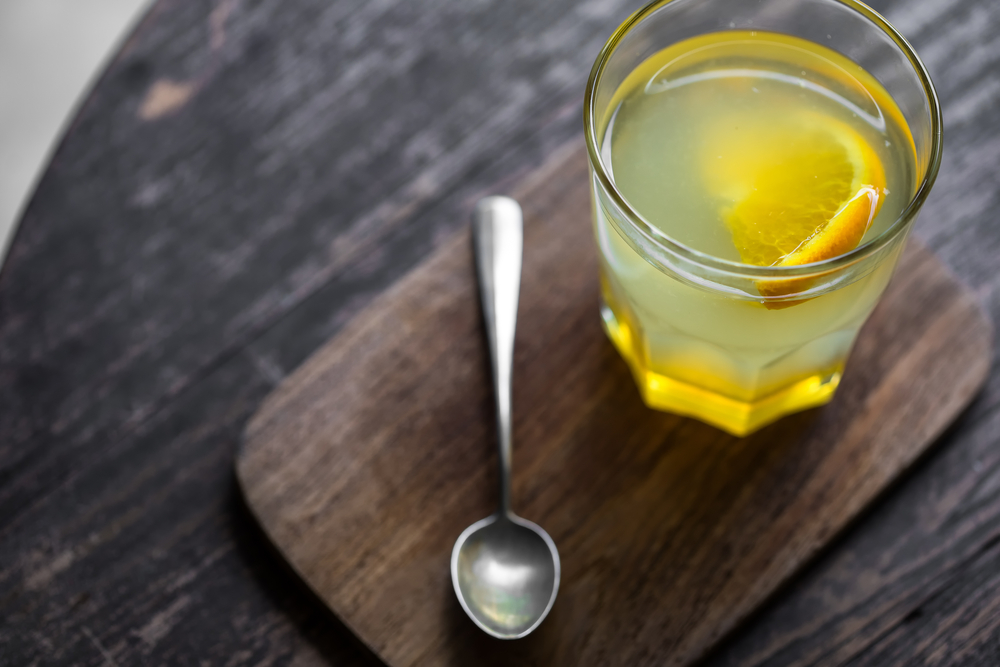
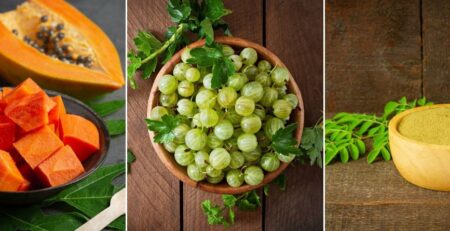

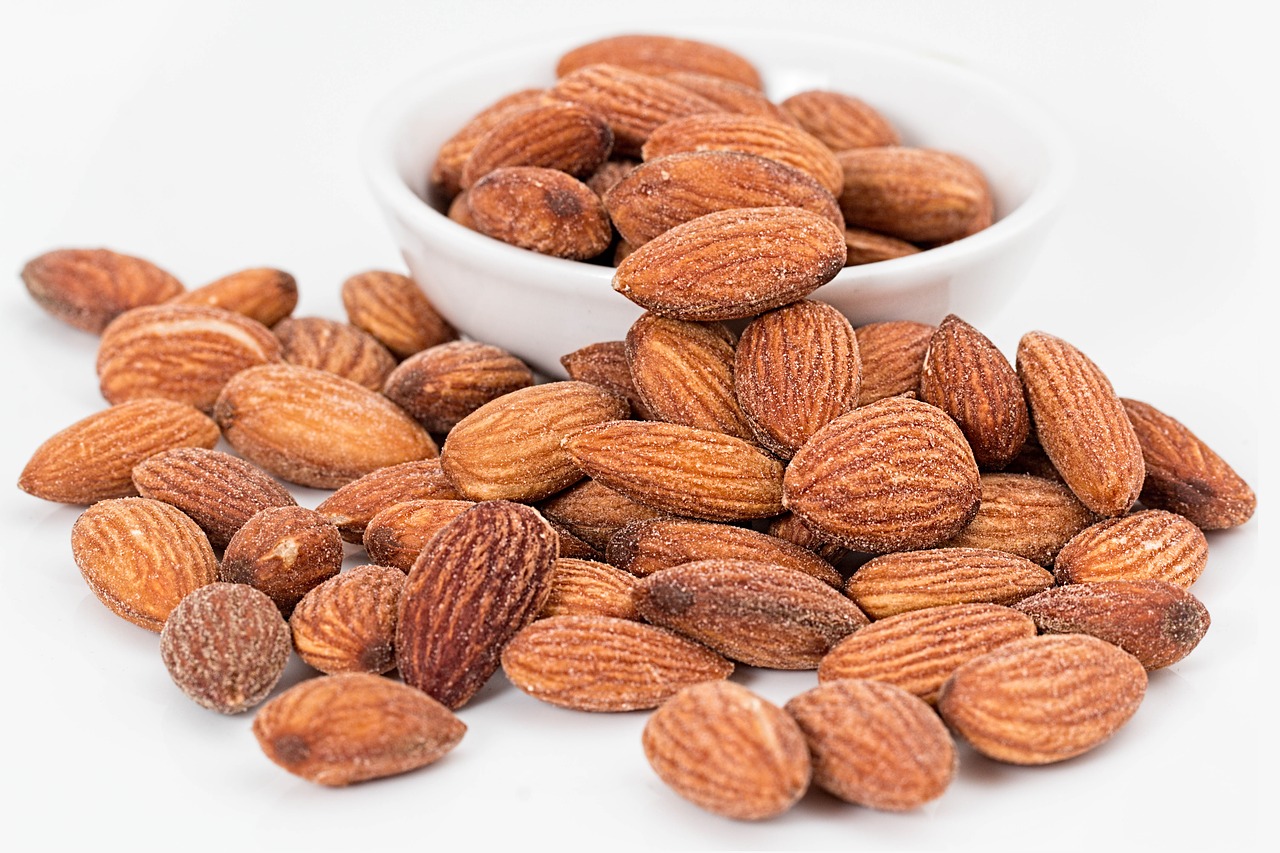
Leave a Reply